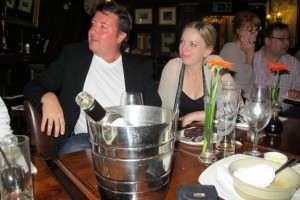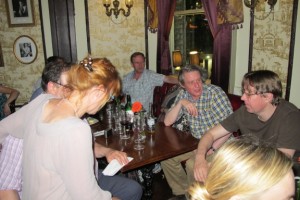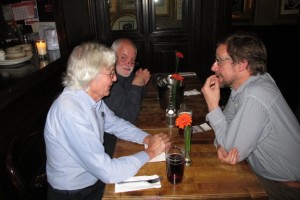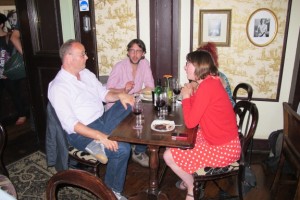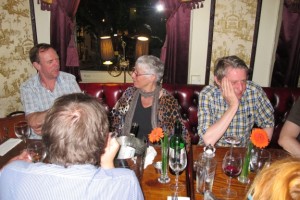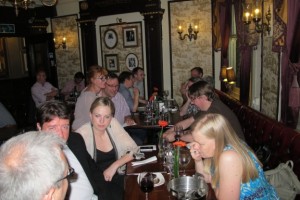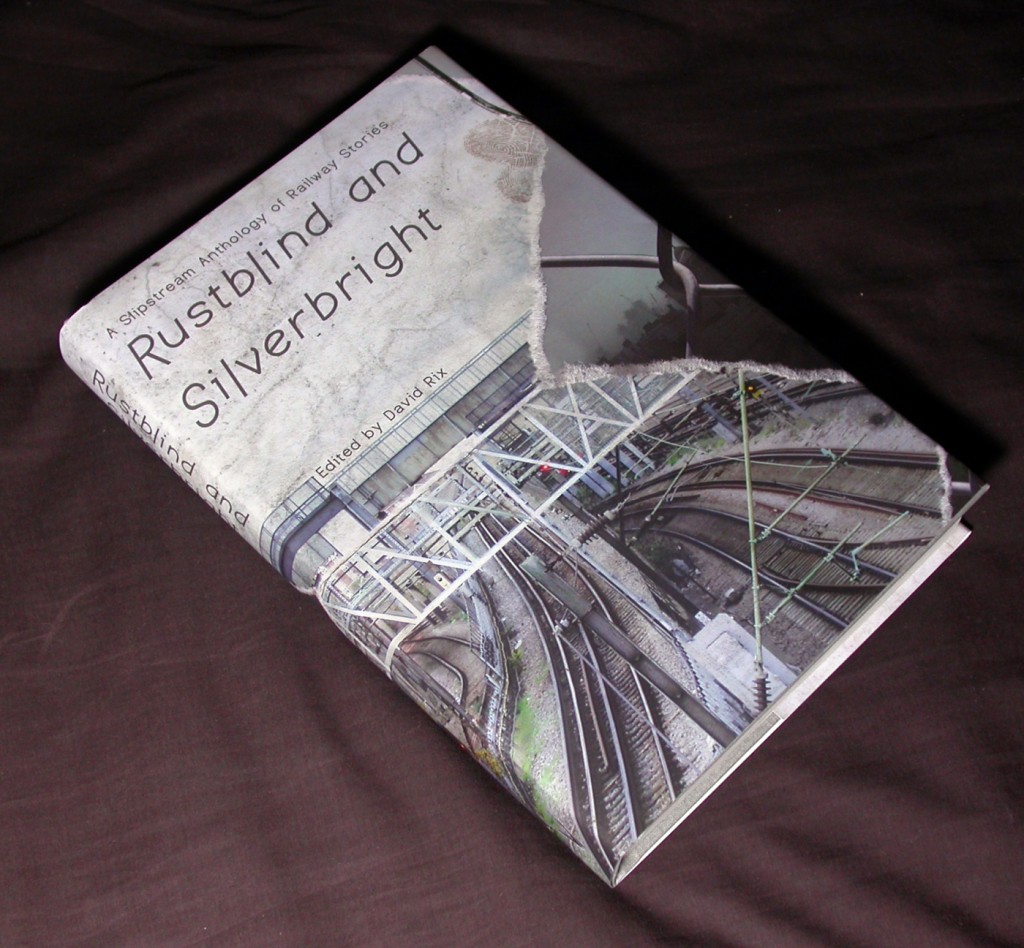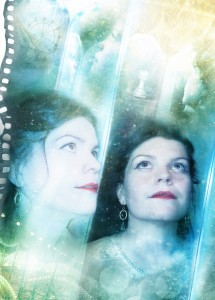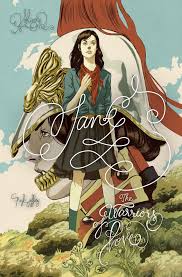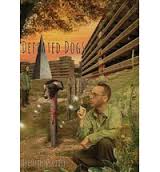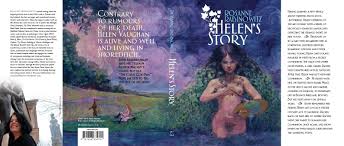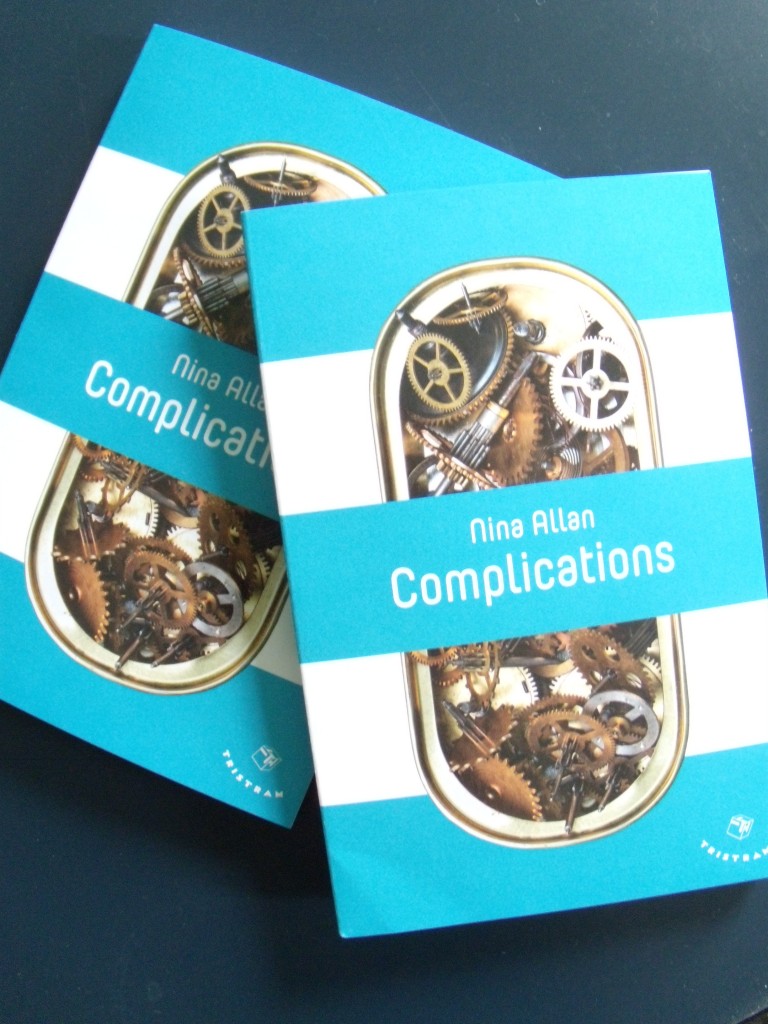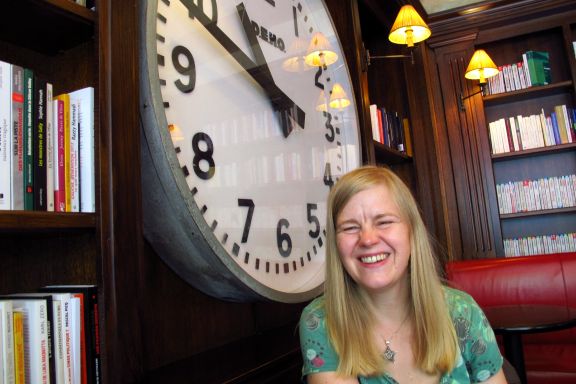Back from FCon, which was, if anything, even more enjoyable and exhausting than last year’s. It was wonderful to spend time with friends (though it passed too quickly), to put more faces to more names – this last is for me always a particular delight. I want to say a huge personal thank you to Maura McHugh and Graham Joyce, who made my first experience of moderating a panel so much less daunting than it might have been, and to Joel Lane, who helped to make my participation in the ‘My Favourite Ghost Story’ panel a convention highlight for me. (Thanks, Joel, for not nabbing Aickman! I’d have been doomed else.) Above all, thanks once again to Marie O’Regan and Paul Kane for giving so much of themselves to all of us in making it happen. FCon 2012 was a great one. The quality of the panel discussions and programme events in particular this year was outstanding. It’s good to know that the World Fantasy Convention in 2013 is in such safe hands.
It’s also good to know we’ll all be gathering in Brighton again because I just love being there. It’s a magical place, not just beautiful and singularly atmospheric (though it is both these things) but also crammed with overlapping timelines and shades of nuance. The Brighton I was taken to as a kid is not the Brighton I visited in my twenties is not the Brighton I am finally coming more fully to know now. These several Brightons are light years from the Brighton that existed between the wars and afterwards, the Brighton of the trunk murders, the place Graham Greene immortalised in Brighton Rock, yet – and this is what I love about urban landscapes – all these cities occupy the same physical space, all are, in some essential fashion, still there. I snatched an hour before the announcement of the British Fantasy Awards on Sunday to wander around Kemptown and suddenly, without meaning to look for it and not even thinking about that time particularly I found myself standing outside the house where good friends of mine lodged in the 1990s when they were studying for their TEFL certificates. (They did eventually gain those qualifiications, though as I remember it a lot of their time seemed to be taken up with scripting and shooting home horror movies.) Coincidences like that always please me greatly because they seem to prove something or other, the thing (whatever it is) that I’m constantly trying to examine in my stories. Memory, and the permeability of time, the way the two are linked, perhaps. These are special moments.
The much-publicized revamp of the British Fantasy Awards seems to have been highly successful and looks set to continue as such, especially now that the weird anomaly of the Best Novel category has been sorted – it’s been decided (a vote was taken at the AGM) that as of next year there will be two separate shortlists, one for Fantasy and one for Horror. In his speech at the awards ceremony James Barclay took every opportunity to emphasise how much he (and the other jurors) had enjoyed being involved, how he’d been inspired by the shortlisted works and reminded of just how exciting it can be to have the opportunity and the excuse to get stuck right into a goodly pile of brand new books. Sarah Biggs (Rob Holdstock’s partner) inaugurated the first Robert Holdstock Award for Best Fantasy Novel with a moving personal reminiscence, a fine and fitting end to a fabulous weekend.
The very first Holdstock Award was won by Jo Walton’s already much-garlanded coming-of-age novel Among Others. This interested me, because this book really does seem to have touched people and it’s fascinating to debate and analyse why that might be. Among Others was one of the first books I read this year. I’d heard a lot of good things about it and the premise attracted me. In the event, the novel divided my opinion. I would say that Michael Levy summarized the problem perfectly in his sensitive review of Among Others at Strange Horizons:
What I would and could say about Jo Walton’s new novel, Among Others, in a less specialized venue, like a newspaper or a general review magazine such as Publishers Weekly, is very different from what I can and will say about it here, in Strange Horizons. Walton’s story is very much one for insiders, for us—the initiated, the Slans, or, to be a little less egomanical, for those of us who grew up lonely among non-readers, non-SF readers or, well, among others.
Some have cited this aspect of the novel – its insiderness – as a luminous strength. I am forced to admit that personally I perceive it as the book’s chief weakness. As a reader and as a science fiction reader since way back when, I enjoyed the novel rather a lot. But all the time I was reading it I couldn’t help wondering how it might come across to someone who’d read little or no SFF. Rather than try to communicate to an outsider exactly what it is about science fiction that sets her on fire, Walton’s narrator Morwenna seems simply to name-drop, to scatter the titles of books and the names of writers willy-nilly, barely brushing the surface of their textual significance. Perhaps my concern is misplaced – it could be that non-geeks can understand the spirit, if not the letter of this novel perfectly well, and if so then I’m glad, because in many ways it is, as Levy maintains, ‘a lovely book.’ But in either case there should be no special pleading. I believe very strongly that any serious work of SFF should aspire to stand shoulder to shoulder with mainstream literary works. A reader should not have to have prior knowledge of a ‘secret language’ in order to appreciate or understand it. Such narrow exclusivity would be to any novel’s detriment.
For me, the aspect of Among Others that shines out, that counteracts a lot of my objections, is the narrative voice. Mori feels alive and breathing from page one, and the particular Welsh lilt of the narrative, the lift and rhythm of Mori’s sentences, is an absolute joy. The book is beautifully written, the family relationships and the sense of place are wonderfully realised. There are flaws in the plot – the book’s climax, such as it is, feels weak – but that’s not what Among Others is about.
Perhaps the secret of this novel’s success is simply that people love books about books. I know because I’m one of them and it’s not something I’m going to argue against. It’s clear that Among Others was written with passionate commitment, that for its author it was a book that mattered very much. It’s for this reason more than any other that from this year’s BFA shortlist it was my preferred winner.
Oh, and before I post this post, so to speak, Ben and Jon at Solaris Books remind me to remind you that Lavie Tidhar, who very deservedly took the BFA for Best Novella with Gorel and the Pot-Bellied God, will be appearing at Foyles this Thursday to talk about his amazing novel Osama (the new Solaris paperback edition is being launched at this event) and the impact of 9/11 on his writing generally. The event begins at 6.30 and it’s free – just email the events department at Foyles to reserve a place.
I’m really looking forward to this one.
